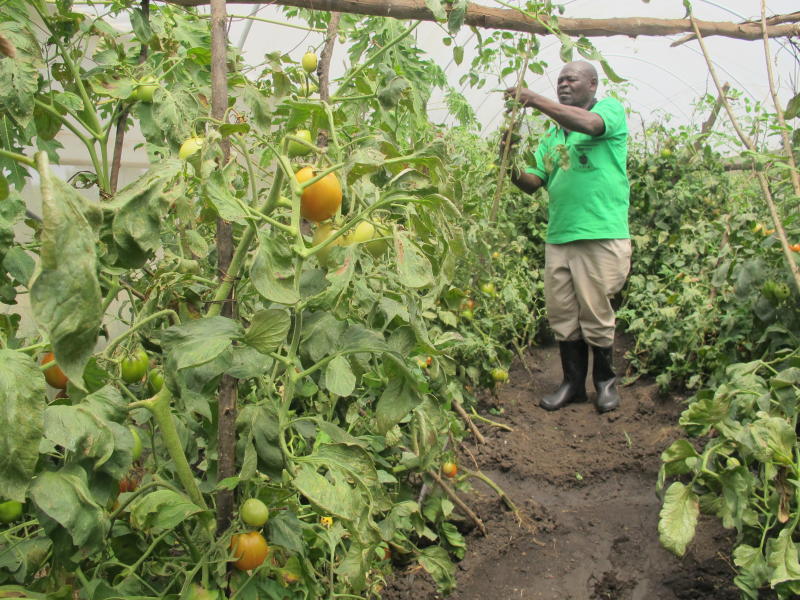×
The Standard e-Paper
Smart Minds Choose Us

In an area that can no longer rely on rain-fed agriculture, Joshua Olonde has found a way to thrive. He lives in Lambwe Valley, Homa Bay County, and previously relied on maize to earn a living.
However, after a string of heavy losses after the rains failed to meet expectations, he decided to take up horticulture and fish farming. And the bet’s paying off.